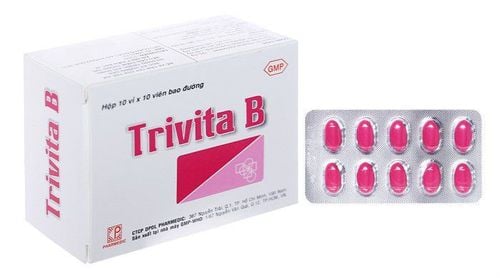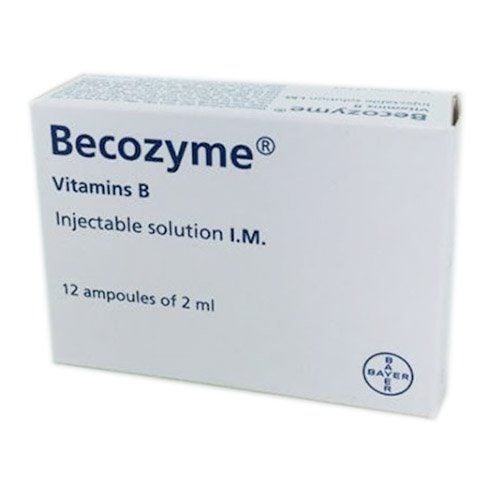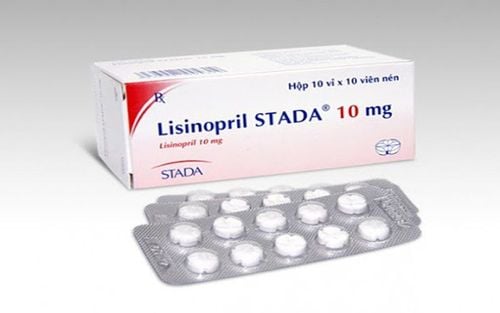This is an automatically translated article.
In addition to drug treatment, heart failure patients need to have a scientific diet and suitable for their disease stage. Heart failure has many stages of disease, in each stage there is a diet that is most suitable.1. What is heart failure?
Heart failure is a consequence of many cardiovascular diseases, leading to a state where the heart muscle is no longer able to contract enough to eject blood to meet the body's need for oxygen, causing abnormal manifestations. Because the condition of each disease is different, the heart can fail on one side first and then lead to total heart failure or total heart failure in the first place.
Heart failure is divided into 4 stages according to the New York Heart Association (NYHA)
Heart failure stage I: No limitation of physical activity. Regular physical activity does not cause fatigue, shortness of breath, or palpitations. Heart failure stage II: There is a slight limitation of physical activity. The patient is normal at rest and with light exercise. When exercising a lot, it leads to fatigue, shortness of breath, nervousness, chest pain
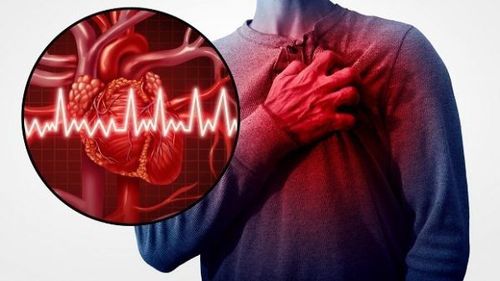
Suy tim giai đoạn III khi vận động nhẹ sẽ có triệu chứng bệnh như mệt, khó thở..
Heart failure stage III: Limit physical activity much. The patient is fine at rest, but with light exercise will have symptoms such as fatigue, shortness of breath.. Heart failure stage IV: Symptoms of heart failure appear even at rest. A light physical activity can also aggravate the symptoms. Therefore, the diet for heart failure patients should also be appropriate for each stage, contributing to controlling the disease.
2. Diet for patients with heart failure
2.1 Principles of implementing a diet for patients with heart failure Some of the main principles in a heart disease diet include:
Limiting foods high in sodium When the patient eats a lot of salt, it will increase the blood pressure. water, leading to increased burden on the heart and bad effects on heart failure. Limiting sodium intake will help control blood pressure, avoid edema, and reduce shortness of breath.
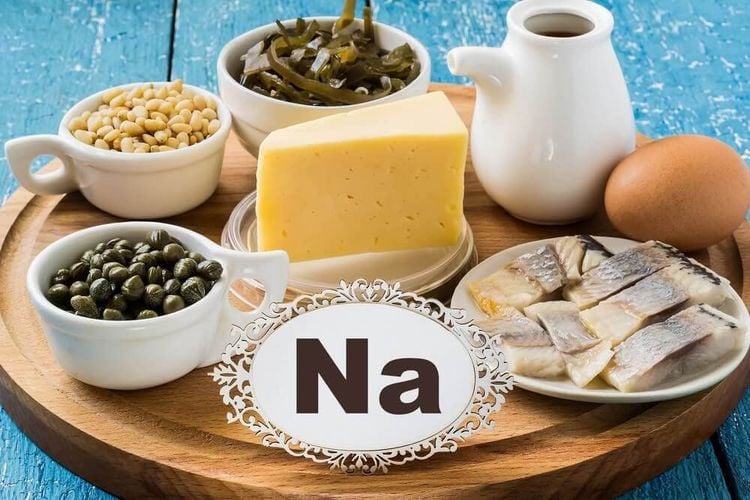
Bệnh nhân suy tim cần hạn chế ăn nhiều các thực phẩm giàu natri
Increase fiber-rich foods Fiber-rich foods contain many natural antioxidants, which are very beneficial for heart health, and contribute to controlling blood sugar and cholesterol levels. Dietary fiber is abundant in green vegetables, whole grains, fresh fruits... Provide enough potassium in the diet. Potassium is the most important substance to maintain heart function. During treatment, patients with heart failure often use diuretics, which will significantly reduce the amount of potassium in the body. Therefore, it is necessary to add potassium to the body. This mineral is abundant in bananas, broccoli, avocados, grapes... Limit fat and gas-producing foods Fat is the main cause of strong atherosclerosis, which increases cardiovascular diseases. Therefore, people with heart disease need to limit the amount of fat put into the body. Limit red meat, animal fat, fast food, fried, sautéed, fried foods,... should eat fish, lean meat and give preference to boiled and steamed dishes. Patients should also avoid foods that cause gas, such as eggs, beans, and fermented foods.
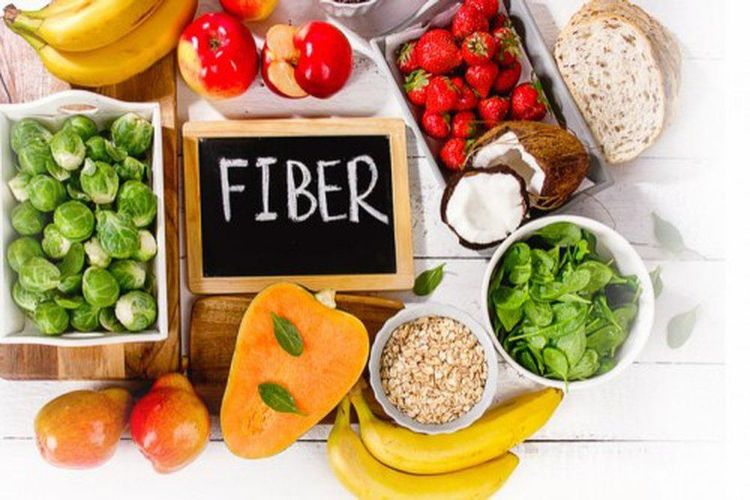
Người bệnh suy tim cần tăng cường các thực phẩm giàu chất xơ giúp kiểm soát lượng đường và cholesterol trong máu rất có lợi cho sức khỏe
Control the amount of water put into the body every day When heart failure, the function is not good, the amount of water taken into the body that is not metabolized will be retained, causing edema and increasing the burden on the body. heart. Patients with heart failure should minimize fluid intake when experiencing symptoms of shortness of breath, edema. It is best for patients to drink only when they feel thirsty. The amount of water to drink outside of meals must be equal to the amount of urine in 24 hours plus 300 ml. Do not use alcohol, beer, stimulants, cigarettes. heavier. Cigarettes contain nicotine, which stimulates the secretion of epinephrine into the bloodstream, which causes vasoconstriction and makes the heart work harder. Blood vessels rapidly constrict causing increased blood pressure, arterial edema, creating a feeling of shortness of breath, chest tightness, and chest pain for people with heart disease. 2.2 Diet for each stage of heart failure Heart failure stages I and II Eat lightly: no more than 2g of salt per day Total calories in a day about 30Kcal/kg/day. The amount of lipids accounts for only 15-20% of the total energy taken into the body.

Người bị suy tim giai đoạn I không nên ăn quá 2g muối mỗi ngày
Eat a lot of green vegetables and fruits to provide enough vitamins, especially B vitamins. Limit protein intake from 1-1.2g/kg/day. Do not drink more than 2 liters of water per day. Limit heavy labor or strenuous activities. Heart failure stage III Eat less salt, the amount of salt put into the body is not more than 1-2g/day. Total calories in the day into the body is 25Kcal/kg/day. The amount of lipids only accounts for 15-20% of the total energy taken into the body. Protein provides 1g/kg/day. Eat green vegetables, fruits, provide enough vitamins, increase foods containing potassium. Limit water intake, especially when edema is present. Rest properly after eating, avoid overwork. Heart failure stage IV Eat completely bland, do not add spices to food. Total calories in the day into the body is 20-25Kcal/kg/day. The amount of lipids only accounts for 15-20% of the total energy taken into the body. Protein provides 0.8g/kg/day. Replenish potassium into the body, choose foods containing a lot of potassium such as vegetables, bananas, peppers, grapes... Provide enough vitamins, especially vitamins of group B. Eat small meals, rest after eating. Limit exercise, get plenty of rest. Limit water intake. The total amount of water taken into the body is about 900ml-1200ml/day. The right heart failure diet helps to reduce the progression of the disease and reduce symptoms for the patient. There should be a specific diet based on the principle for each patient according to the stage of the disease and for the patient if there are comorbidities.
Please dial HOTLINE for more information or register for an appointment HERE. Download MyVinmec app to make appointments faster and to manage your bookings easily.





